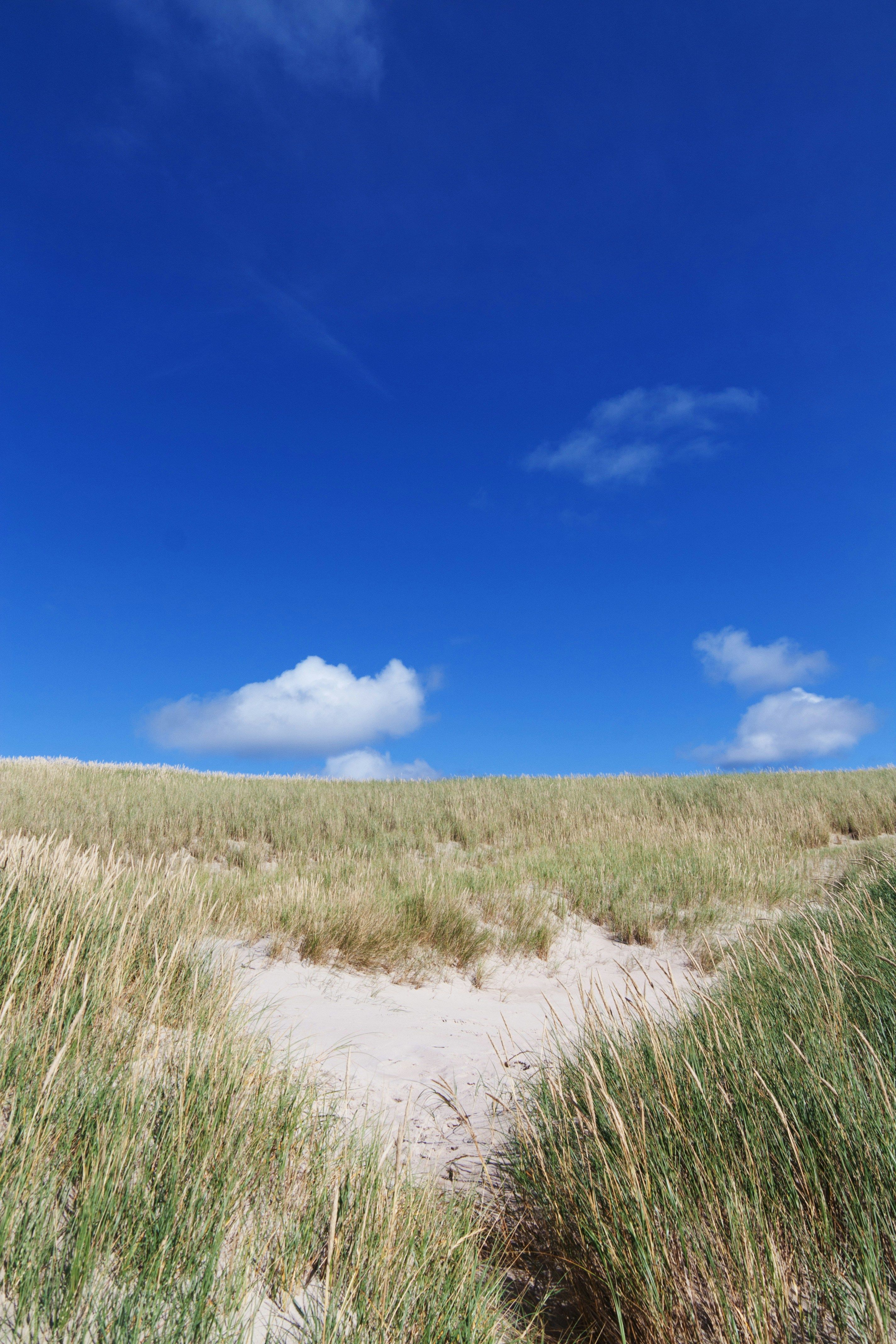Uncovering Merkel's Decision: The Gazprom Gas Storage Sale Saga
Gazprom Deal Sealed with Merkel's Silent Nod
Angela Merkel, ex-chancellor of Germany, found herself under scrutiny over the sale of gas storage facilities to Russian state-owned company Gazprom, as internal documents from the Chancellery reveal. These documents, released under legal pressure, have exposed Merkel's passive role despite internal warnings and the annexation of Crimea by Russia.
| Topics | Quick Facts ||-------------------|----------------------------------------------------------------------------------------------|| Politics | The gas storage transaction, a symbol of naive German-Russia policy, sparked controversy during Merkel's term. || Olaf Scholz's Term Ends | Merkel received a written notice in 2015 about an "asset swap" involving BASF/Wintershall and Gazprom, which raised concerns but was allowed to proceed. || Panorama | The Chancellery prepared arguments to counter expected protests from Poland, Ukraine, and the Baltic states, and maintained that the deal violated no sanctions. || Economy | The Chancellery regularly supported Nord Stream 2 and other energy projects with Gazprom, despite public appearances of neutrality. || Gazprom | The sale of gas storage facilities and partnerships with Gazprom during Merkel's tenure have been hotly debated, with critics questioning Germany's commitment to diversifying its energy sources. || Angela Merkel | As Chancellor, Merkel's energy policies tied Germany closely to Russia, raising concerns about Germany's vulnerability to geopolitical tensions and its relations with Ukraine and Poland. || Crimea and Attack on Ukraine | The sale of gas storage facilities to Gazprom, combined with a cozy relationship with the Russian gas giant, took place amidst heightened tensions between Russian and Ukraine, leading to concerns over the potential impact on Germany and its partners. |
The Chancellery disclosed a total of 63 documents to the Süddeutsche Zeitung, revealing a behind-the-scenes support for Nord Stream 2 while maintaining a neutral stance publicly. The SZ applied for the release of these documents in 2024, but faced resistance. Under pressure from the newspaper, the Chancellery relented and provided the documents.
By downplaying the risks associated with Germany's increasing dependence on Russian gas and expressing sympathy for Gazprom, the Chancellery lent support to the Nord Stream 2 project. The risk to Ukraine of losing transit fees or gas deliveries was also minimized, with the suggestion that reverse flow could ensure Ukraine would also benefit from the increased gas supplies. However, the potential strain on relations with Ukraine, Poland, and the Baltic states was acknowledged, with the Chancellery suggesting transparent communication with these partners as a possible solution.
While the sale of gas storage facilities to Gazprom was not explicitly mentioned, Germany's broader energy policy under Merkel involved strengthening ties with Gazprom and investing in gas infrastructure such as the Nord Stream pipelines. These projects significantly increased Germany's reliance on Russian energy sources, potentially exacerbating Germany's energy crisis during times of conflict and straining relations with transit countries like Ukraine and Poland.
Community policy during Merkel's term was influenced by the controversial gas storage transaction with Gazprom, a move that raised concerns within the industry and policymaking circles. Finances and energy sectors were impacted by Germany's growing dependence on Russian gas sources, particularly in the context of the Nord Stream 2 project. The sale of gas storage facilities to Gazprom and other energy partnerships were significant topics in general-news discussions, sparking debates over Germany's commitment to diversifying its energy sources and its vulnerability to geopolitical tensions, notably in Crimea, Ukraine, and Poland.





